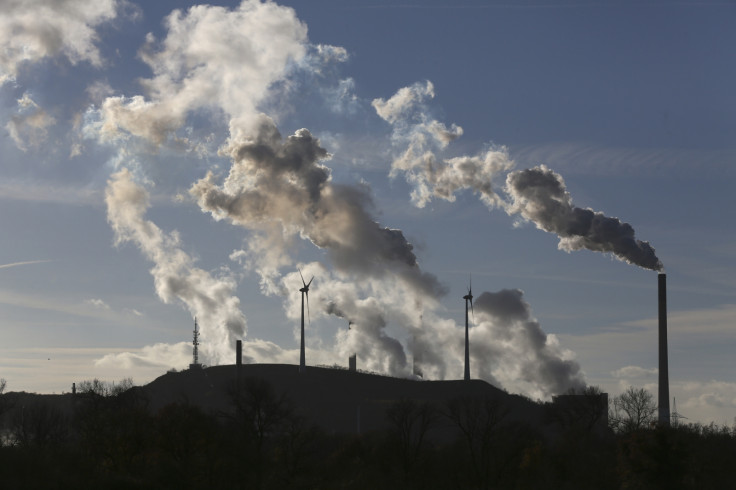Odds of record-breaking global warming not being man-made one in 170,000

The odds human activity was not to blame for the record global temperatures seen over the last 15 years has been calculated as being between one in 5,000 and one in 170,000. While experts say this is vastly lower than other media reports – which go up to one in 650 million – it shows recent warming is almost certainly the result of human activity.
An international team of researchers, led by the Potsdam Institute for Climate Impact Research used statistical analysis, observational data and computer simulations of the climate system to separate natural climate variability from human-caused climate change. "Press accounts reported odds as low as one in 650 million that the observed run of global temperature records would be expected to occur in the absence of human caused global warming," they wrote in the journal Scientific Reports.
"Press reports notwithstanding, the question of how likely observed temperature records may have been both with or without human influence is interesting in its own right." Their findings showed the odds of recent record temperatures not being the result of our greenhouse emissions are "extremely unlikely".
Including 2015 – which was recently announced as the hottest year ever recorded – 15 of the 16 warmest years have all occurred in the 21<sup>st century. In the latest study, the team looked at data up until 2014. If they had included last year, they say these odds would be even lower.
Michael Mann, lead author of the study, said: "Natural climate variability causes temperatures to wax and wane over a period of several years, rather than varying erratically from one year to the next. That makes it more challenging to accurately assess the chance likelihood of temperature records. Given the recent press interest, it just seemed like it was important to do this right, and address, in a defensible way, the interesting and worthwhile question of how unlikely it is that the recent run of record temperatures might have arisen by chance alone."
Stefan Rahmstorf, study co-author, added that natural climate variations cannot explain the recent global heat records – but global warming can. The findings indicated that when manmade global warming are taken into account, the record temperatures are quite likely.
"Our results suggest that the recent record temperature years are roughly 600 to 130,000 times more likely to have occurred under conditions of anthropogenic than in its absence. Our findings thus underscore the profound impact that anthropogenic forcing has already had on temperature extremes."
Further to this, Rahmstorf said the impacts of record global temperatures are already being seen: "It has led to unprecedented local heat waves across the world - sadly resulting in loss of life and aggravating droughts and wildfires. The risk of heat extremes has been multiplied due to our interference with the Earth system, as our data analysis shows."
© Copyright IBTimes 2024. All rights reserved.






